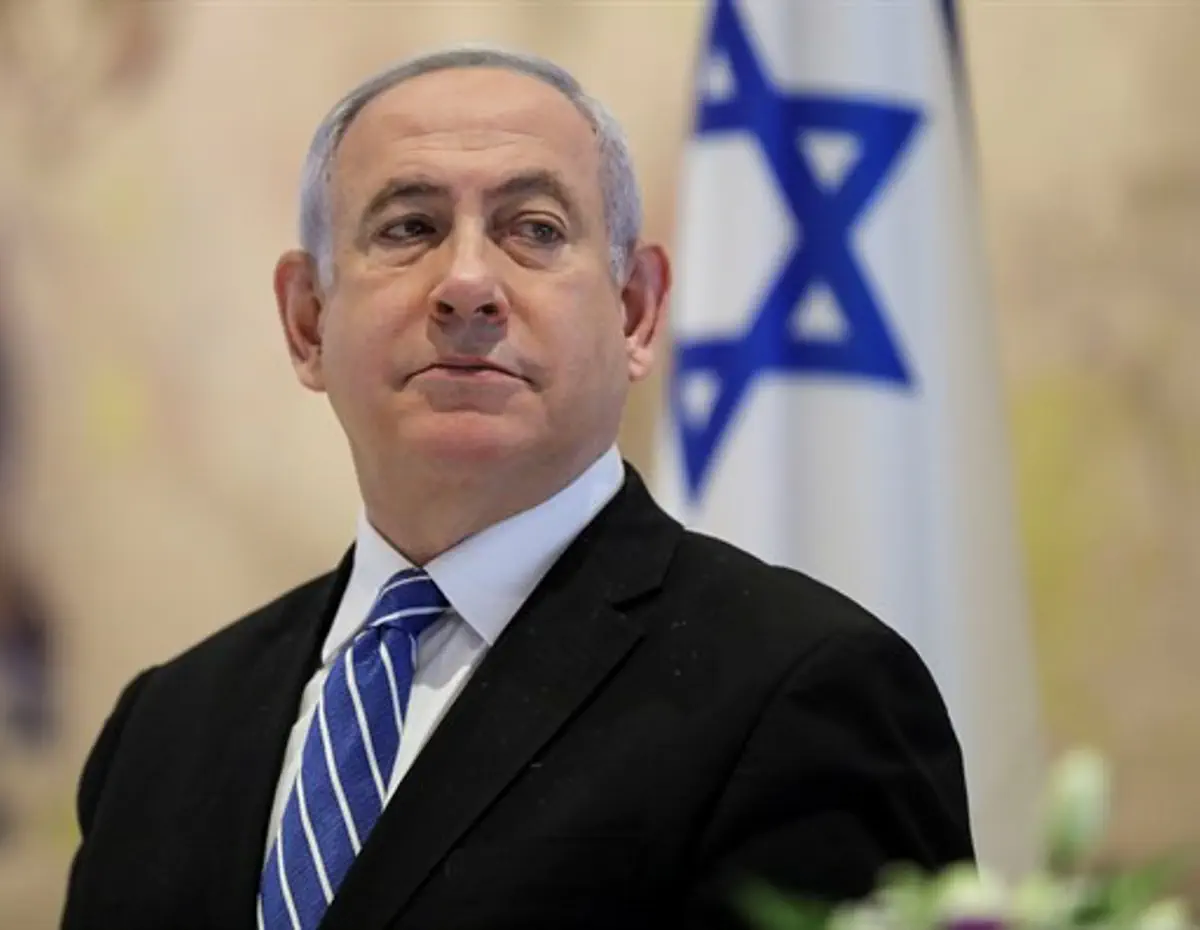RE: Who are the Israelis?
SUBTEXT: Meaning of Religious Zionism..
⁜→ rylah, et al,
BLUF: What is "Religious Zionism" and what is "non-Religious Zionism?"
Netanyahu: Religious Zionism is an organic part of Israel
PM pledges to make budget for religious Zionist education into government's base budget instead of being part of coalition budget.
I say the following, not as criticism,
but as to better understand the position.
(COMMENT of OBSERVATION)
I, as a nonJew and outsider, do not see what Prime Minister Netanyahu is doing
(either by advocacy or direct governmental action) as making the case for Israel in the broadest sense. Jewish Education
(religious) and Zionist Education
(nonReligious) are two different things. Catering to one, at the exclusion of the other, is not the function of government in a nation with religious freedoms.
I see Zionism as having evolved from a liberation movement
(self-determination) to a political party program
(everlasting possession). Zionism is not a universally accepted line of thought
(or maybe it is and I just don't see it) in the Israeli Society
(as seen by the outside observer).
I find it confusing
(as the outside observer) to reconcile the theme of Zionism
(nonReligious) and the fulfillment of the Great Covenant
(Religious) into a coherent ideology.
◈ What does being "Zionist" mean in the 21st Century?
◈ Is it a goal that a preponderance of the Israelis want?
How do the Israeli people feel about Americans, and the need to properly understand the complexity of the issues?

Most Respectfully,
R
Great questions.
The distinction is superficial.
Zionism is a platform of rejuvenation of Jewish civilization,
encompassing all aspects of life and nationhood - to no exclusion.
To understand this, one has to understand a simple idea - that Judaism,
as a religion is only a compromise for diaspora, Torah doesn't even mention
'religion', the nations among whom Israel lived had religions, and they, it were them,
who even came up with the term Judaism, and framed Jewish culture for them as a religion.
In the diaspora all aspects of Jewish life were confined in the personal, individual,
with majority of Jewish laws, now associated as 'religion', that had to do with the secular
aspects of the collective, state running, economy, agriculture - all of them became obsolete.
2/3 of the body of Jewish law became frozen, irrelevant and impossible to express,
though always there, studied each generation and in great detail, but in abstract, for later.
This "demo" version was taken out in a suitcase to be preserved until we return to capacity.
PM Netanyahu used the term 'organic',
because it's is unnatural, to confine Jewish civilization to a sterilized religious diaspora mode,
in the context of a renewed vibrant sovereign life as a nation in our land, as well as it is totally unnatural to confine our sovereignty, as people of all colors and views, as a biblical nation, exclusively in secular terms. Separating the two is denial, rejection of parts of one's soul, when what is needed is width of heart to encompass and find place and expression in a healthy manner and unity to all its aspects organically, like a healthy body.
Organically these two are intertwined, complementary - exclusively, are pathological.
How did Rabbi Zvi Yehudah Kook ztz"l used to say:
"holiness in Israel is expressed - also - in religion". And so can be likely said : "the secular political in Israel is expressed - also - national politics"...but only
also. As long as there's separation, the core Jewish ideal of Unity,
is prevented from its natural expression, without the secular G-dly is incomplete,
and vice versa, without the G-dly, heritage and connection to ancestors,
the expression of the secular remains pathologically deficient, and ill.
Rabbi Ouri Sherki makes this example - imagine what a merit has a young jet fighter pilot, putting himself on the line to defend the sovereign nation of Israel, after 2000 years of Inquisition and Holocausts, imagine the kind of opportunity to have such a part.
Now imagine he leaves IAF, and goes to study in a small room in Yeshiva,
puts a Teffilin every morning and prays 3 times a day - does he have more merit now?
Of course not, he should actually repent for that, because he went from a collective merit to personal one, not because either are bad or false, but the mistake is he didn't see the one continuously flowing into another. And thus he narrowed his role and expression.
To really rise, realize his potential, he would have to combine both - organically.
Abraham A"h in Jewish culture is not a religious figure, but a father of nations.
Moses A"H wasn't only a prophet, but also politician, king, leading the nation to sovereignty.
These are the typical Jewish cultural archetypes.
But would they know the difference? Religion? Zionism?
It's like calling tomato a potato, and then arguing potato/potatoe.
And this is Zionism - national return, revival of the land and sovereignty.
The core axis around which will revolve all Jewish life, home and abroad,
in this new chapter of our history, in which we - religious Zionists are calling
to all our people, in all their shapes and colors, holding extremely opposite views,
to collectively join the rest in proudly holding the same feather with which our forefathers
wrote our collective story, as we continue writing with our lives. It's the collective call home.
It's shamelessly paternalistic - even if you disagree with us, You're still part of it,
as we are passionately optimistic about the future of our people in this new chapter.
How do Israelis feel about America? G-d bless America!
"Those who curse you are cursed, those who bless you are blessed" (Gen. 27).
That said, as friends, I think we would do You more favor by giving a more clear warning,
to not ever suggest we give up a village or even a single grain of the land of Israel.
Even if our politicians may beg for it, refuse, nothing good comes from that, ever.


 www.mako.co.il
www.mako.co.il















